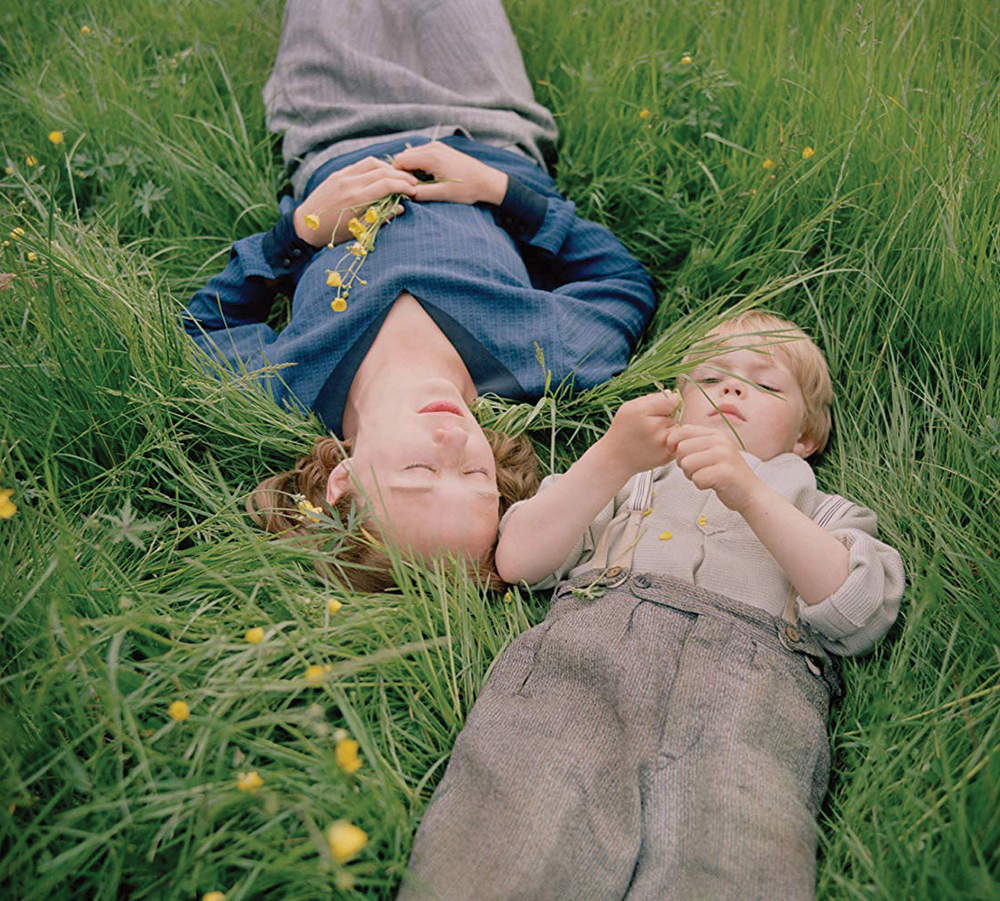★★★★☆
Presented by Nordisk Film Production and Avanti Film, “Becoming Astrid” acquaints audiences with the personal history of beloved author Astrid Lindgren and provides a window into the life that inspired many of her stories. With a thoughtful performance by Alba August in the titular role and evocative cinematography punctuated by an effective score, “Becoming Astrid” pays a beautiful homage to the iconic author.
Swedish writer Astrid Lindgren, best known for “Pippi Longstocking,” is famous for her whimsical tales. Despite being the third-most-translated author of a children’s book, Astrid’s own childhood was cut short because of an unplanned pregnancy. This personal experience is explored in depth by director Pernille Fischer Christensen in her latest biopic film, “Becoming Astrid.”
Raised in Vimmerby, Sweden, Astrid is an awkward and vibrant teenager at the film’s start. After finishing school, she scores an internship at The Vimmerby Times, where she develops her writing ability and enters an ill-advised relationship with the editor-in-chief, Reinhold Blomberg, played by Henrik Rafaelsen.
When Astrid becomes pregnant, she leaves for a secretarial course in Sweden to avoid bringing shame upon her family, who lives off the bounty of church land. Astrid soon gives birth to her child in Denmark, where he can be raised by a foster mother. She then relentlessly maintains her relationship with Blomberg while periodically visiting her son, trying to

determine how to craft a future in which she can bring her son home and regain familial acceptance. As the film evolves, Astrid grows increasingly headstrong, and her youthful impulsivity matures into more thoughtful early adulthood.
“Becoming Astrid” revolves around August’s captivating but understated performance. August plays with subtle facial expression and awkward demeanor to portray Astrid’s progression from a wild-hearted teen to a tormented young mother of her son Lars. Her performance is intuitive and raw, inviting viewers to revel in her impulsivity and sympathize with her pain. Trine Dyrholm, who plays Lars’ foster mother, Marie, also offers a strong performance. Dyrholm brings a warm and supportive energy to the film, which juxtaposes the rejection of Astrid by her family. Rafaelsen is charismatic and passionate, and his portrayal of Blomberg’s effusive interest in Astrid is evocative and relatable.
“Becoming Astrid” is visually effective. Erik Molberg Hansen’s cinematography features softly composed scenes that swiftly transition between landscape shots and revealing close-ups. While much of the film is underpinned by a soft soundtrack, intense moments are often presented with no background noise, allowing the raw emotions to hit viewers at full force.
The film is bookended with shots of an elderly Astrid opening fan mail from children, featuring periodic voiceovers of heartwarming and thought-provoking excerpts from the letters. One child in the film says, “I can tell you like us. You understand us. You’re on the children’s side.” The voiceovers serve to remind viewers of Astrid’s future success, even in the
face of her turmoil, and keeps her quirky storytelling abilities alive.
However, viewers may be surprised by how little the film focuses on Astrid’s future writing career. While viewers observe her early professional choices and get glimpses into her penchant for storytelling, the only concrete indications of her future success are the explicit mentions of it through the voiceovers of children’s letters.
The film’s open ending, though, does leave the possibility for a sequel, so addressing Astrid as a prolific author may be explored in a later film. The film also provides context for the mental hardships that inspire many of Astrid’s stories: Many of her books deal with death, loss and loneliness.
“Becoming Astrid” is a charming heritage film that authentically and masterfully adapts the historical story of Lindgren who would go on to prominence. Its cinematography is impressive, and its plot would be compelling even if it were not reflective of the life of a beloved author.
While the biopic may not be the best way to learn about the writing career of Astrid Lindgren, the film does, as the title suggests, inform viewers about all the circumstances that underpinned her “becoming.”














